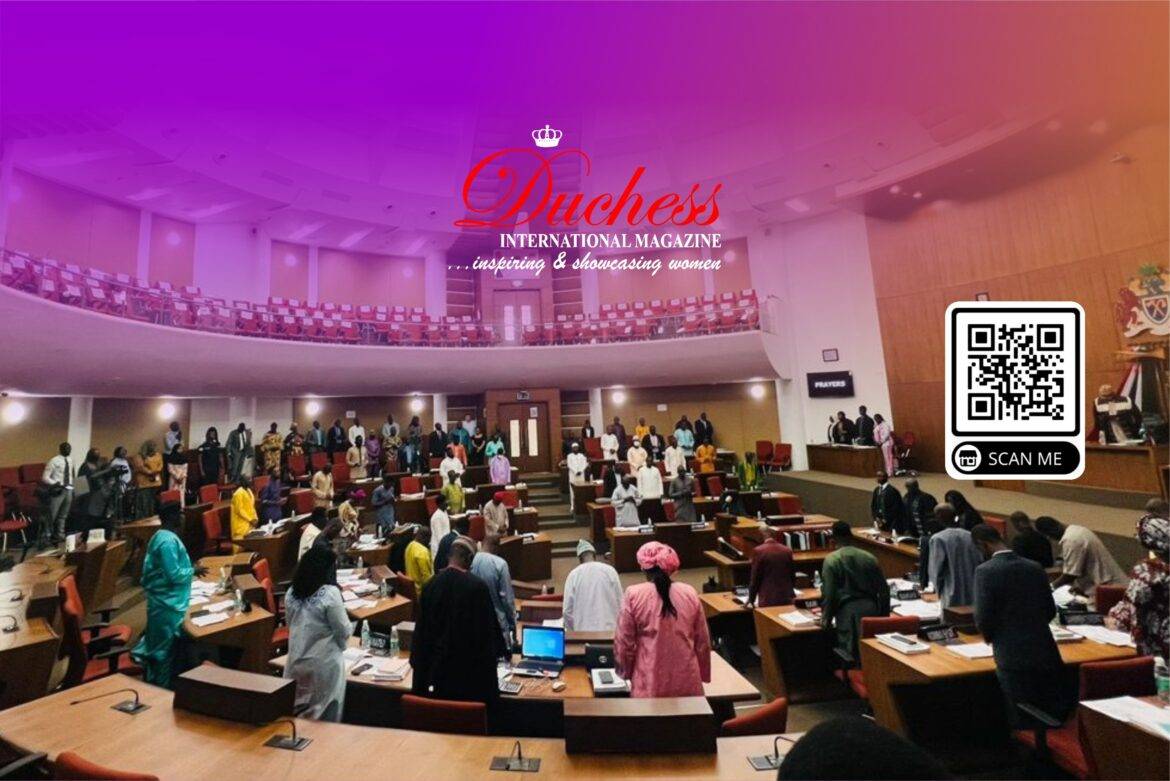Gambian lawmakers voted on Monday to uphold the country’s landmark ban on female genital cutting (FGC), following a vigorous three-month campaign led by women’s rights activists. The decision maintains critical legal protections for girls and women against the practice, which involves the removal of the clitoris and labia minora.
Gambia, a narrow strip of land on Africa’s west coast, had been on the verge of becoming the first country to roll back protections against FGC, drawing international concern. The vote saw 34 out of 53 National Assembly members choosing to keep the ban, reversing a previous March vote where 42 out of 47 members had favored repealing it.
Satang Nabaneh, a Gambian legal scholar specializing in sexual and reproductive rights, highlighted the potential international isolation Gambia could have faced if the ban had been lifted. “It would have faced pariah status,” she said.
The outcome is a triumph for the women’s rights campaigners who have worked tirelessly to educate communities about the dangers of FGC and lobby politicians. Jaha Dukureh, an anti-FGC activist, expressed her relief and pride: “We did everything we could collectively to ensure the law stays.”
The decision is significant not only for Gambian girls but also for the wider West African region, where cross-border cutting is common. UNICEF reports that three-quarters of Gambian girls and women of reproductive age have undergone FGC, and two-thirds believe the practice should continue.
Despite the legal victory, enforcement remains a concern. Last year, three women were convicted under the 2015 law in the first prosecutions of their kind, but these convictions were used by proponents of cutting to bolster opposition to the ban.
Fatou Baldeh, a cutting survivor and anti-FGC campaigner, noted an increase in cutting practices during the period when the ban’s future was uncertain. She reported several mass cuttings in rural areas, with police failing to act on reports. “This bill could have gone anyway,” Ms. Baldeh said. “And that is scary.”
As the dust settles on this legislative battle, the focus now shifts to ensuring that the ban is effectively enforced, safeguarding the health and rights of Gambian girls and women.



